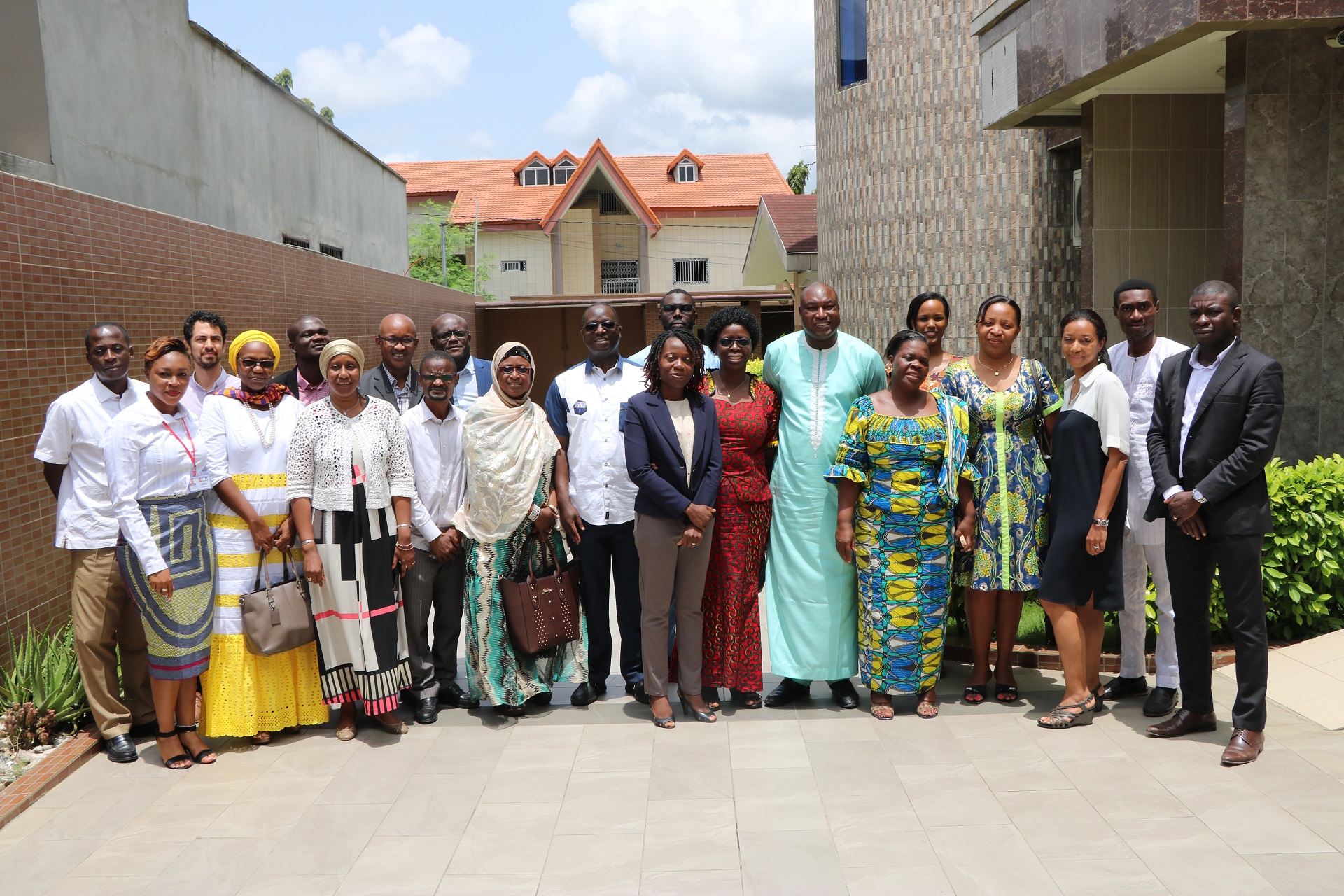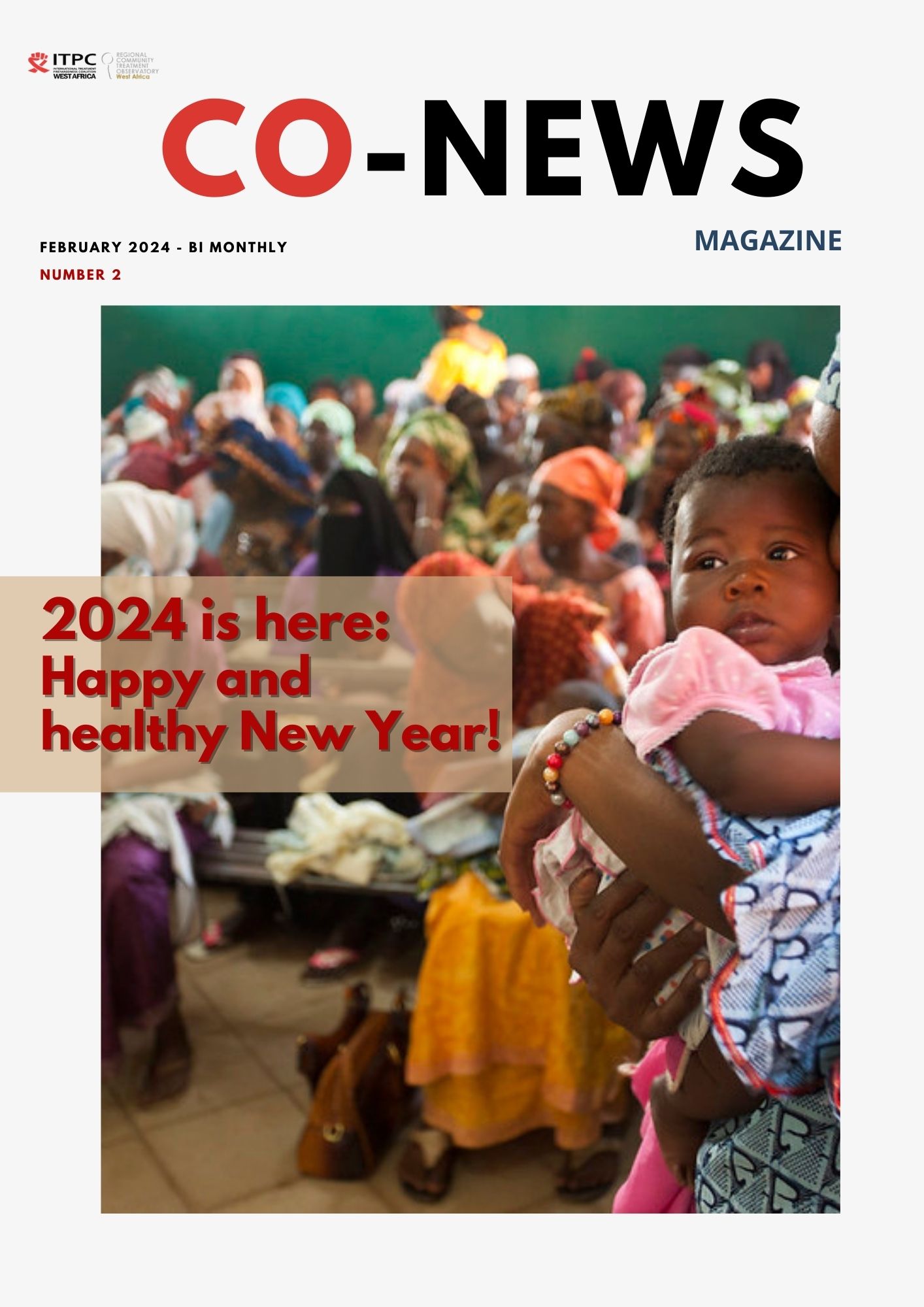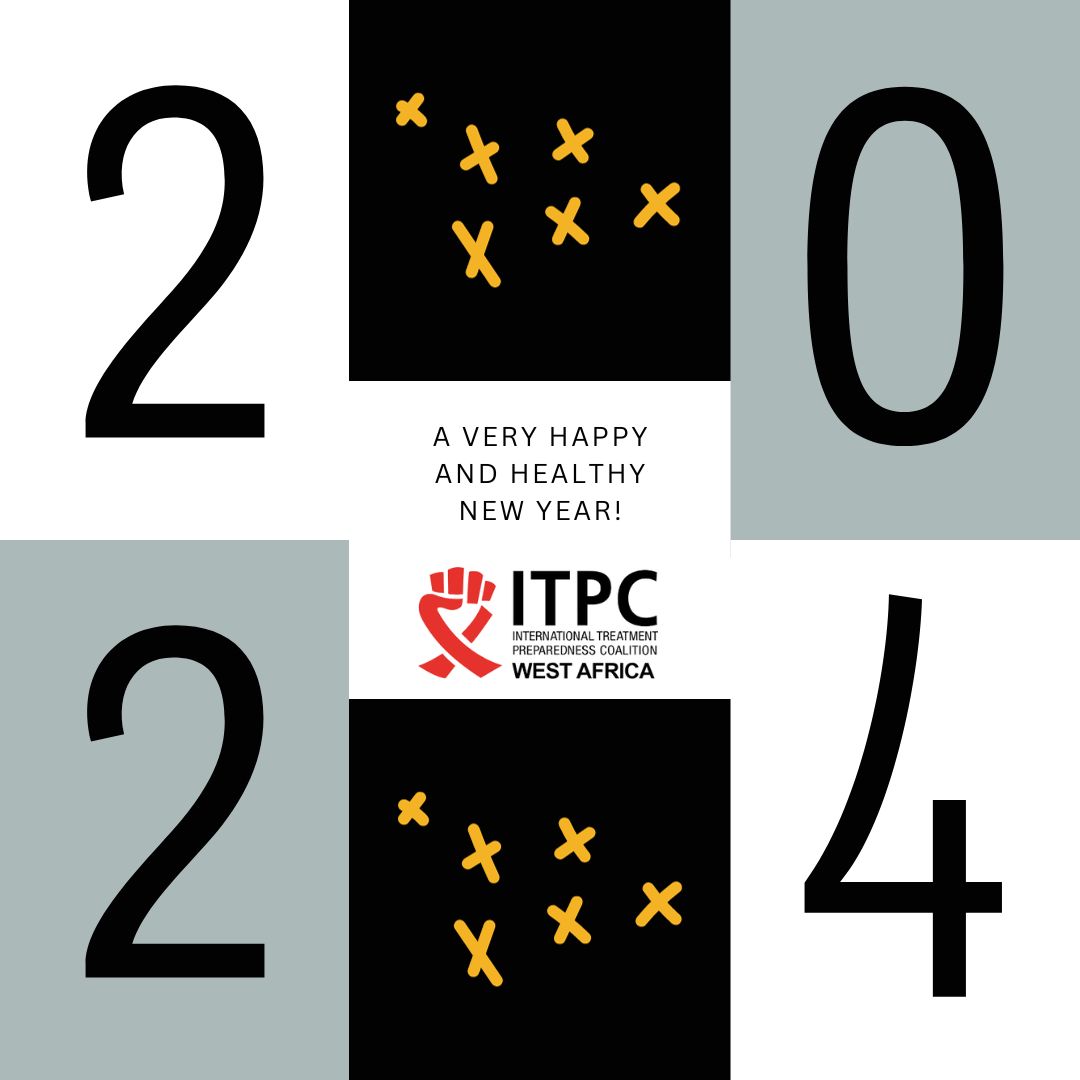Abidjan on April 17, 2018. The Regional Community Observatory on Treatment in West Africa opened this Tuesday, in Abidjan, the second meeting of its Regional Advisory Council.
All united for the same cause, this is the objective of the Regional Advisory Council of the Regional Community Observatory on Treatment in West Africa.
A year has already passed, already a year that the Community Observatory on Treatment in West Africa is doing everything possible to achieve its objective.
Let's get back to it. In 2016, the Global Fund approved a three-year grant; from January 2017- December 2019 to the International Treatment Preparedness Coalition Global (ITPC Global) for the project entitled “Regional Community Treatment Observatory” (RCTO). This project funded to the tune of 2.3 billion CFA Francs is a response to strengthening the community health system in West Africa and will allow ITPC to support the development of Community Observatories on Treatment (OCT) in this region. . This will be done while empowering networks of People Living with HIV (PLHIV) to systematically collect and analyze qualitative and quantitative data regarding barriers to accessing HIV prevention, care and treatment. Its goal is to increase access to antiretroviral therapy for PLHIV in 11 West African countries (Benin, Côte d'Ivoire, Gambia, Ghana, Guinea, Guinea-Bissau, Liberia, Mali, Senegal , Sierra Leone and Togo).
In order to continue the mission entrusted to them by the Observatory, Innocent Laison, president of the Regional Advisory Council, and the other members met for two days at the Niable hotel located in Cocody to consider issues related to HIV treatments.
After the welcome words of Dr. Irma Ahoba Bobo, the representative of the National AIDS Control Program (PNLS), the watchword was launched. The first day was mainly focused on all the achievements of the ORCT-AO project in 2017. The project team under the benevolent eye of Mr. Alain Manouan was able to share the progress made in 2017 by the ORCT-AO project.
The ORCT-AO project team has devoted itself to establishing its bases both nationally and regionally. During this year of development, data was collected in 11 West African countries and analyzed with the support of PAC CI, the research institute based in Abidjan.
"It is important that we address issues related to HIV treatment, for us, for you, for Africa" are the first words of Mrs. Amandine Bellinger, the representative of UNICEF.
At the end of the analyzes several points were noted. The members of the CCR had the opportunity during the second day to have interesting discussions, particularly in relation to the interest in the targets of the project but also in other components such as tuberculosis, hepatitis and malaria. Following the data and especially the quality of the data collected, several conclusions could be drawn. Several challenges are at stake, the members of the CCR are all unanimous; expectations are high.
What do we need to do to be able to meet this challenge? "I think that's what's most important. I hope that we will continue to be committed, we will do our best to try to remain professional but also to meet the expectations of the regional advisory board because I know that you take your time despite your heavy workloads and you participate in discussions with a lot of passion and that's what encourages us. You encourage and support us and for this on behalf of the team and on behalf of ITPC Global; ITPC WA I would like to say thank you for this. » Alain Manouan, Project Director of the Community Observatory.
An advocacy plan was defined and an important point that was raised by all the actors present in the room was the importance of bringing together and revitalizing the networks of PLHIV in the sub-region. To do this, Mr. Innocent Laison asked the members of the board to agree to set up a small sub-committee under the leadership of Mrs. Helene Badini, the representative of UNAIDS, accompanied by Mrs. Awa Sagnia, the representative of AIDS. Gambia and also, because it would be good to have strong involvement from our friends in the network, Mr Laison proposed that Mr Ibrahima Ba, who today has the responsibility of working to revitalize the networks, to set up this small group, the latter will have to propose a schedule to see what are the opportunities to meet the different associations, the different members of the networks in the countries concerned by the project.
Their mandate will be essentially based around cohesion, working to build cohesion but working to make the networks aware of the importance of the project's success because "it's a tool we have in our hands that will definitely allow us to show what we know how to do but also what will allow us to reposition ourselves. Mr. Innocent Laison
The purpose of this small group, the purpose of its actions will meet 2 expectations. One to express through the audit which was very clear on the appropriation of the project by the networks but also to have interlocutors who can validly sit on and/or accompany the CCR in the various advocacy activities.
The success of this grant will give credibility to the regional projects, it is necessary to demonstrate to the stakeholders that the networks, the projects are capable of meeting the challenges incumbent on them. It is with these last words that the members of the Regional Advisory Council said goodbye, promising to meet again very soon, in September 2018, for the third meeting of the CCR; to be even more united for the same cause.

3 years ago




